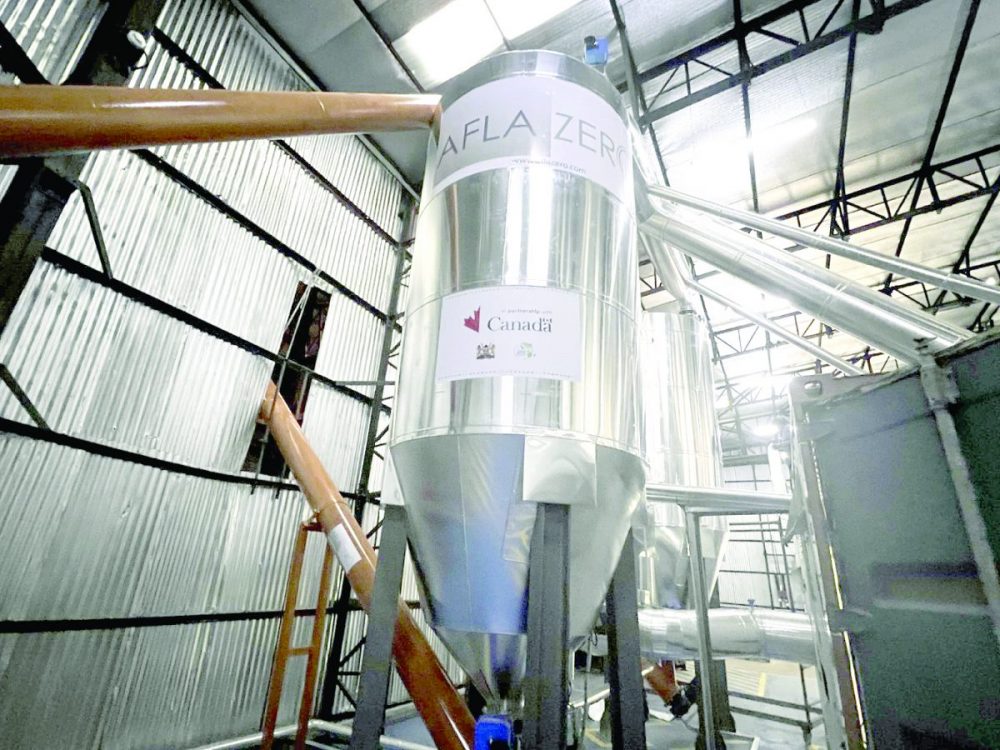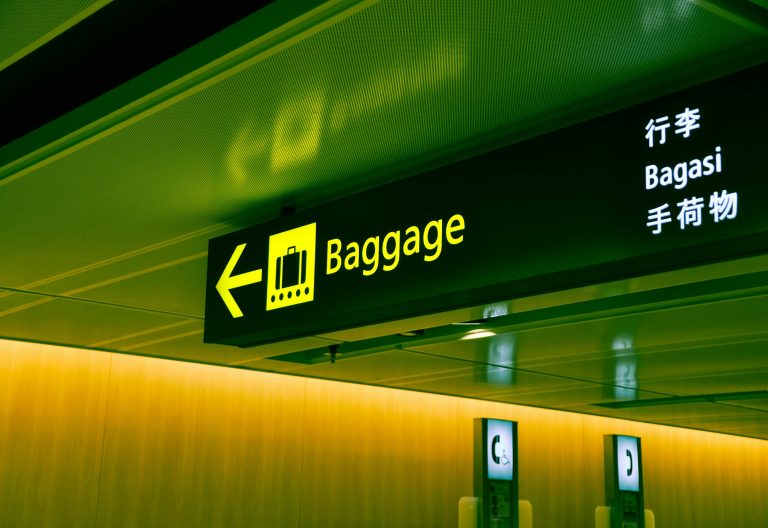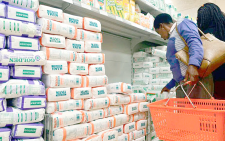NCPB gets Sh194m treatment plants to fight aflatoxin menace

Kenya has received CA$1.6 million (Sh194.3 million) aflatoxin decontamination plants from the Canadian government as it seeks to enhance the country’s food security programme.
The two facilities given through TradeMark Africa (TMA) will be managed at the National Cereals and Produce Board depots in Bungoma and Nairobi.
Trade policy, research and advocacy manager with the East African Grain Council (EAGC), Kimwaga Mhando, says aflatoxins result in suppression of intra-regional trade in grains.
“Uganda and Tanzania lose approximately $16 million and $5.3 million respectively due to the reduced value of agricultural exports resulting from afflation contamination,” he said. Mhando noted that there are high levels of grain rejection by off-takers in the region.
Kenyan millers on average rejected 19 per cent of maize deliveries to their factories in 2015. Rejections by millers are as high as 60 per cent on some occasions,” he said.
“It is estimated that afflation reduces the amount of food available for consumption (in terms of caloric value) by 18 per cent, 15 per cent and 11 per cent in Kenya, Uganda and Tanzania, respectively thus creating a food security gap,” said Mhando.
Human health
“The plants will ensure only grain meeting the acceptable aflatoxins limits is allowed to trade freely is crucial for human health and safe trade,” Principal Secretary, State Department for Agriculture, Paul Ronoh said during a handing over ceremony in Bungoma.
“If we are to tackle food security and food safety issues not just in Kenya but across East Africa,” he added. Ronoh was accompanied by TMA chief executive, David Beer, Bungoma County Deputy Governor, Jennipher Mbatiany, and TMA-Kenya Country Director Ahmed Farah. Beer expressed optimism about the expanded trade opportunities and improved food security the facility will bring.












